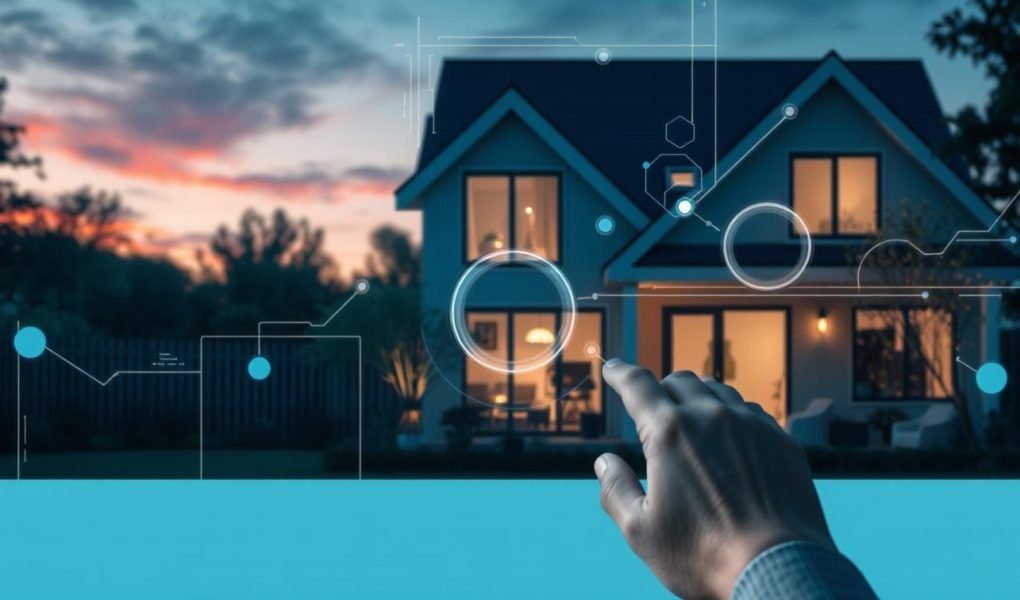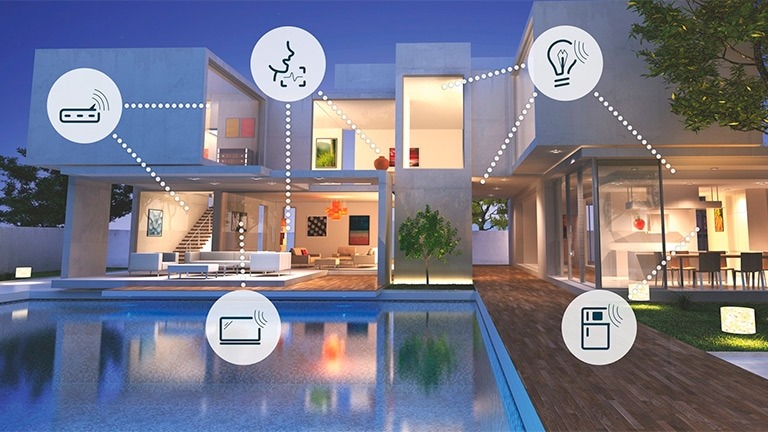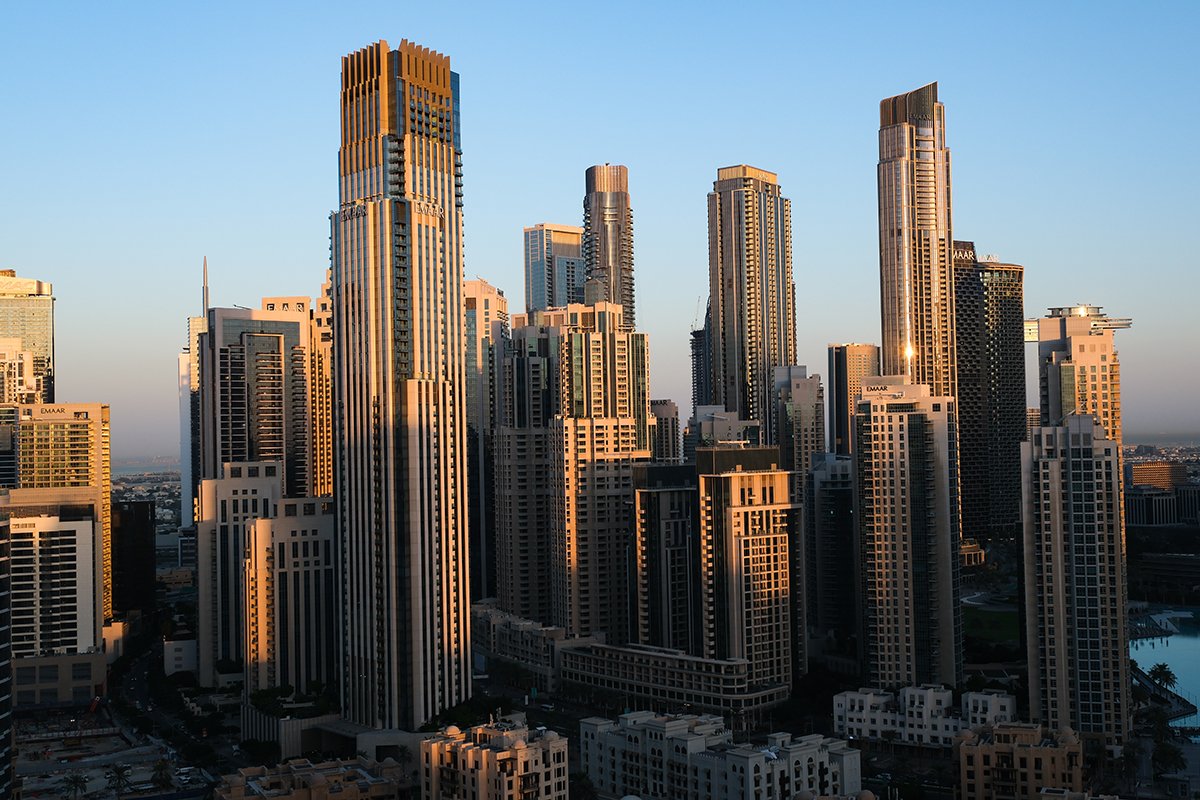Now Reading: The Role of Smart Sensors in Modern Housing Projects
-
01
The Role of Smart Sensors in Modern Housing Projects
The Role of Smart Sensors in Modern Housing Projects

Smart sensors in housing projects are transforming the way residential properties are designed, built, and experienced. From energy efficiency to safety and automation, these technologies enhance both the functionality and value of modern homes. Developers, investors, and homeowners increasingly recognize the benefits of integrating smart sensors into contemporary housing projects.
This article explores the role of smart sensors in modern housing, their applications, benefits, and how they are reshaping the UAE real estate market.
Understanding Smart Sensors in Housing Projects
Smart sensors are devices that detect environmental changes or conditions and communicate the information to systems that can respond automatically. In housing projects, these sensors monitor:
- Temperature and humidity
- Air quality and pollution levels
- Motion and occupancy
- Water leaks and consumption
- Electrical usage
- Security breaches
The integration of smart sensors creates a network of interconnected systems that improve safety, energy efficiency, and living comfort for residents.
Key Applications of Smart Sensors
1. Energy Efficiency
- Smart Thermostats: Adjust heating and cooling based on occupancy and external weather conditions.
- Lighting Sensors: Automatically turn off lights when rooms are unoccupied.
- Appliance Monitoring: Optimize electricity usage for appliances and systems.
2. Security and Safety
- Motion Detectors: Trigger alarms for unauthorized access.
- Smoke and Gas Sensors: Detect fires or gas leaks early to prevent accidents.
- Water Leak Sensors: Alert homeowners of plumbing issues before they cause damage.
3. Indoor Environmental Quality
- Air Quality Sensors: Monitor pollutants, allergens, and CO2 levels to maintain healthy indoor environments.
- Humidity Sensors: Help prevent mold growth and maintain comfort.
4. Smart Home Automation
- Integration with mobile apps and home assistants allows residents to control lighting, temperature, and security systems remotely.
- Personalized automation routines based on residents’ habits improve convenience and efficiency.
5. Predictive Maintenance
- Smart sensors can predict failures in HVAC, plumbing, and electrical systems, reducing repair costs and preventing downtime.
Benefits of Smart Sensors in Modern Housing
For Developers
- Differentiation in competitive real estate markets through smart home features.
- Enhanced property value and marketability.
- Compliance with green building standards by reducing energy consumption.
For Homeowners and Residents
- Reduced utility costs through efficient energy management.
- Increased safety and peace of mind.
- Convenience and improved quality of life through automation.
For Investors
- Properties equipped with smart sensors tend to attract higher rental yields and resale value.
- Appeal to tech-savvy tenants and buyers seeking modern, connected homes.
Case Studies: Smart Sensor Integration in UAE Housing Projects

Dubai Smart Villas
- Residential communities like Dubai Hills Estate and Arabian Ranches integrate smart thermostats, motion sensors, and home automation systems.
- These features increase property attractiveness for high-net-worth buyers and tech-oriented families.
Abu Dhabi Sustainable Developments
- Masdar City and Al Reem Island projects focus on energy efficiency with smart sensors monitoring lighting, water usage, and environmental quality.
- Residents benefit from reduced utility bills and a healthier living environment.
High-Rise Apartments
- Smart occupancy and lighting sensors in buildings like Downtown Dubai apartments reduce energy waste and improve building management.
Challenges in Implementing Smart Sensors
- High Initial Costs
Installation of smart sensors and automation systems can be expensive, though long-term savings often offset upfront investment. - Integration Complexity
Ensuring compatibility between different sensor types and home automation systems requires careful planning. - Data Privacy and Security
Smart sensors collect and transmit data, making robust cybersecurity measures essential to protect residents’ information. - Maintenance Requirements
Sensors require regular updates, calibration, and occasional replacements to maintain optimal performance.
Future Trends in Smart Sensor Technology
- AI-Driven Automation: Sensors will work with AI systems to learn residents’ habits and optimize home systems automatically.
- IoT Integration: Greater connectivity across multiple smart devices for seamless automation.
- Energy Grid Integration: Smart homes will communicate with energy grids to optimize usage and participate in demand-response programs.
- Sustainability Focus: Sensors will monitor energy and water usage, supporting circular economy and green building initiatives.
Impact on Real Estate Market
Smart sensor integration in housing projects has a direct impact on property value and market appeal:
- Properties with smart technologies command higher prices and rental rates.
- Developers who incorporate these features gain a competitive edge.
- Buyers increasingly consider smart features as a standard expectation, influencing purchase decisions.
Conclusion
Smart sensors in housing projects are no longer just a technological novelty they are essential components of modern real estate development. By enhancing safety, energy efficiency, comfort, and automation, these devices elevate both the lifestyle of residents and the value of properties.
For developers, investors, and homeowners in the UAE, integrating smart sensors is a strategic move that aligns with sustainability, modern living trends, and market demand. As technology continues to advance, smart sensors will play an increasingly central role in shaping the future of housing projects.
Follow us on: Instagram
Read More:The Growing Appeal of Industrial Warehousing Investments






















